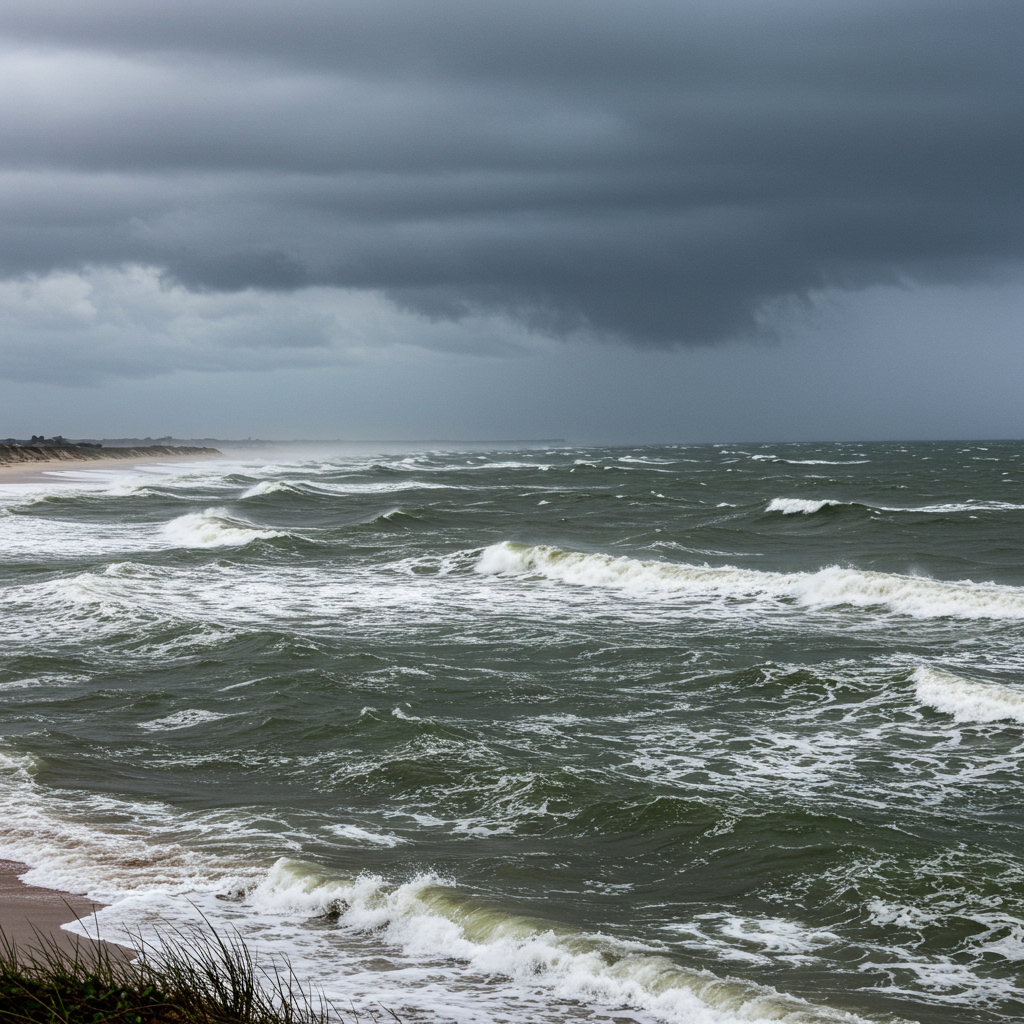President Trump faces a critical decision point regarding potential U.S. military action against Iran, particularly concerning its nuclear facilities. As Israel has initiated strikes, the debate within Trump’s administration centers on how the United States could potentially join these efforts – even targeting deeply buried sites with specialized munitions like bunker-busting bombs – without triggering a wider, prolonged conflict in the Middle East.
Avoiding an expanded war has become a primary objective for the President. While receptive to arguments that only decisive U.S. action can definitively halt Iran’s nuclear ambitions, including pressure from Israeli Prime Minister Benjamin Netanyahu, Trump remains deeply wary of becoming entangled in the kind of foreign wars he has long vowed to avoid.
Navigating a Complex Calculus
The administration has been consulting with allies, some of whom initially anticipated the U.S. waiting to assess the initial impact of Israel’s operations before committing military assets. However, as the situation evolves, administration officials have maintained flexibility, signaling no final decision has been made. President Trump himself emphasized his preference for making critical calls “one second before it’s due,” acknowledging the fluid nature of potential conflict.
The question of whether a targeted strike inevitably leads to full-scale intervention is a key point of discussion. Some close to Trump argue that precise, decisive actions differ significantly from broader military campaigns that could lead to years of involvement. For example, former Ambassador David Friedman suggested a limited strike, such as dropping “a few MOAB’s on Fordow” (referring to the Massive Ordnance Air Blast bomb targeting a key nuclear site), arguing this wouldn’t necessarily draw the U.S. into a prolonged conflict.
The Risks of Retaliation
Despite arguments for limited action, significant concerns remain regarding potential Iranian retaliation. Allies and advisors have warned that offensive U.S. involvement could provoke Iran to attempt to block the Strait of Hormuz, a vital global oil transit route, or accelerate its pursuit of a nuclear weapon following any strike. Iran has explicitly stated its intent to retaliate against any U.S. forces joining an attack.
“If the Americans decide to get involved militarily, we have no choice but to retaliate wherever we find the targets necessary to be acted upon,” warned Iranian Deputy Foreign Minister Majid Takht-Ravanchi, asserting such action would be in self-defense.
Internal Debates and Historical Parallels
Within the administration, officials have debated various options and their potential consequences. One point of reference in private discussions has been the 2020 U.S. drone strike that killed top Iranian commander Qasem Soleimani. While a serious escalation that drew Iranian reprisals, it did not trigger the full-scale war many predicted. Some officials view this as evidence that carefully calibrated strikes can be conducted without leading to uncontrollable escalation. (Notably, President Trump has publicly ruled out targeting Iran’s Supreme Leader for now).
Top national security officials, including Defense Secretary Pete Hegseth and CIA Director John Ratcliffe, have worked to present a unified front to the President, outlining available options and their ramifications. Ratcliffe, in particular, has provided key intelligence briefings, even traveling to Camp David shortly before Israel’s initial strikes to update Trump on Iran’s nuclear program and Israel’s anticipated actions.
Meanwhile, military leaders like Gen. Michael Kurilla, head of U.S. Central Command, have reportedly sought increased resources to bolster defense and support for Israel amidst rising tensions. Kurilla is seen as a proponent of positioning U.S. assets defensively in the region to prepare for potential conflict, whether involving the U.S. directly or escalating between Israel and Iran or its proxies like the Houthi rebels.
Expert Warnings and Political Division
The feasibility of launching strikes without getting mired in a long conflict is hotly debated among experts and politicians alike. Some analysts, like Trita Parsi of the Quincy Institute, warn that any U.S. attack would likely lead to full-scale Iranian attacks on U.S. bases and a protracted war that could last for years and exact a heavy toll. While acknowledging Iran might not sustain a long fight, Parsi suggests it would be challenging for the U.S. as well.
Even staunch Trump supporters hold differing views. Senate Foreign Relations Chairman Jim Risch praised Trump’s handling of the situation as “masterful,” emphasizing it’s ultimately “Iran’s war.” However, others, like Senator Josh Hawley, expressed discomfort with potential offensive U.S. action, stating, “I don’t want another Mideast war.”
Given the palpable risk of retaliation, U.S. military contingency planning is already underway, preparing for potential Iranian responses should Trump authorize strikes.
President Trump has acknowledged that U.S. involvement could accelerate the process of neutralizing Iran’s nuclear capabilities, stating the U.S. has unique capabilities. However, he coupled this with a firm restatement of his core pledge: “I only want one thing: Iran cannot have a nuclear weapon… I’m not looking long term, short term… I only want to avoid a long-term war.”
As the President weighs the complex options, the balance between preventing Iran from obtaining nuclear weapons and avoiding a costly, unpredictable war remains at the forefront of his decision-making process.



